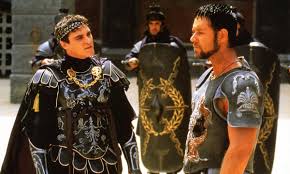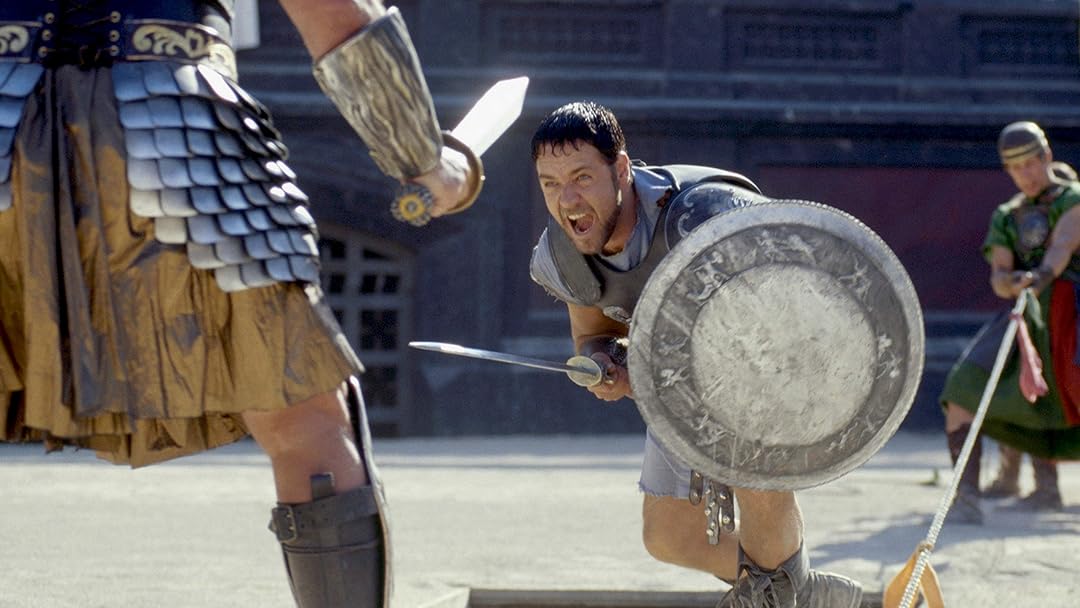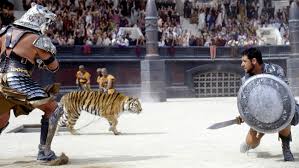Gladiator (2000)


Ridley Scott’s Gladiator is a masterful epic that brings the grandeur of ancient Rome to vivid life, delivering an unforgettable story of vengeance, redemption, and honor. Russell Crowe delivers a career-defining performance as Maximus Decimus Meridius, a loyal Roman general betrayed by the jealous and ruthless Emperor Commodus (Joaquin Phoenix). Stripped of his rank, home, and family, Maximus rises from the ashes as a gladiator, determined to seek justice and reclaim his legacy.

Scott’s brilliant direction is complemented by breathtaking cinematography, intricate set designs, and the evocative score by Hans Zimmer, which has become iconic in its own right. From the immersive recreation of the Roman Colosseum to the brutal and symbolic gladiatorial combat, the film captivates audiences, drawing them into a world of peril, power, and unrelenting spirit.
⚔️ Themes of Revenge, Legacy, and Freedom
At its core, Gladiator is a profound exploration of revenge, justice, and the human spirit’s resilience. It delves into the fragility of power and the enduring

significance of legacy. Maximus’ immortal line, “What we do in life echoes in eternity,” embodies the film’s meditation on how actions shape our place in history.
🌟 A Cinematic Triumph
With its compelling narrative, powerful performances, and striking visuals, Gladiator remains a timeless masterpiece. Russell Crowe’s portrayal of Maximus earned him an Academy Award for Best Actor, and the film secured its place in cinematic history with five Oscars, including Best Picture.
The film’s unforgettable question, “Are you not entertained?” resonates as a challenge and a promise—Gladiator is an epic that continues to entertain and inspire audiences two decades later.











